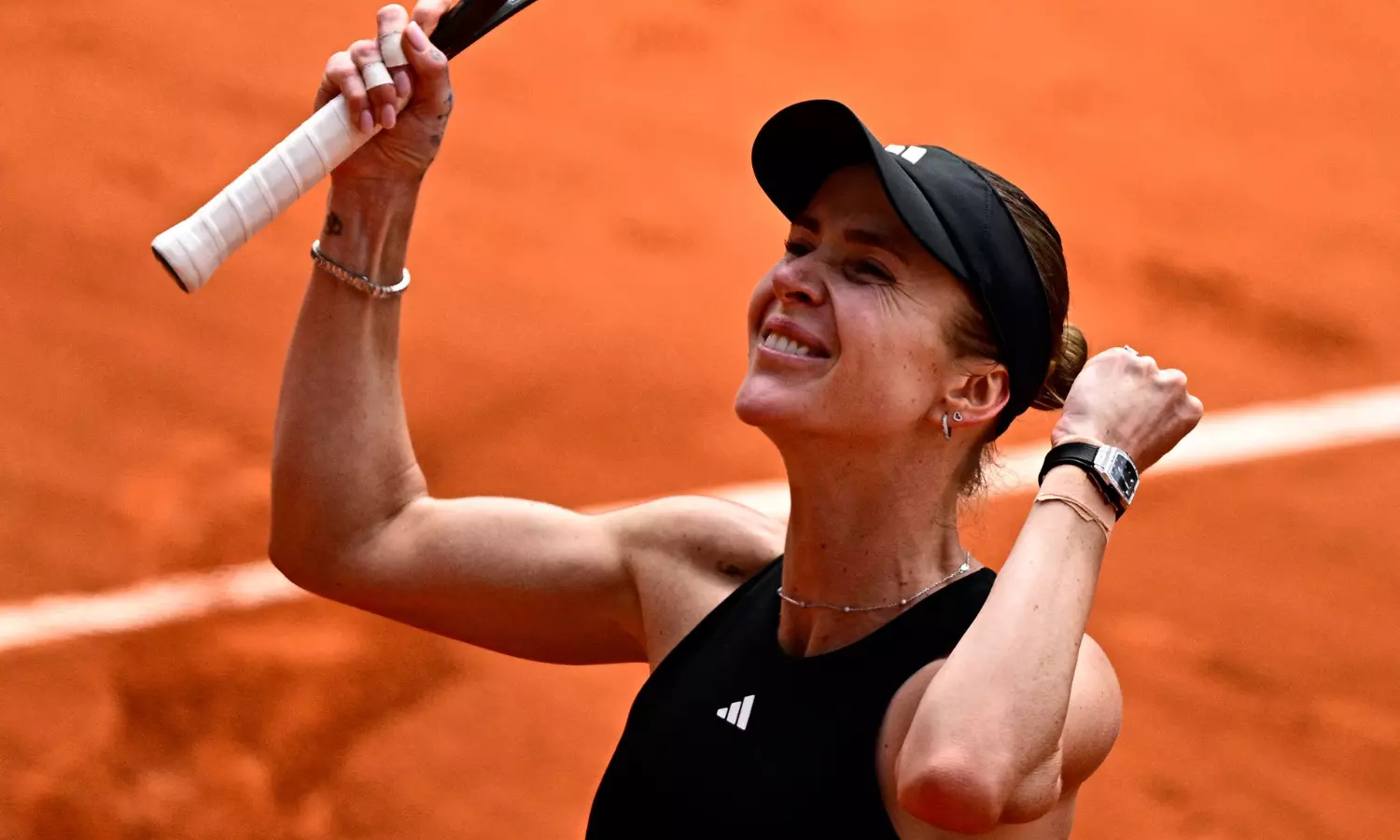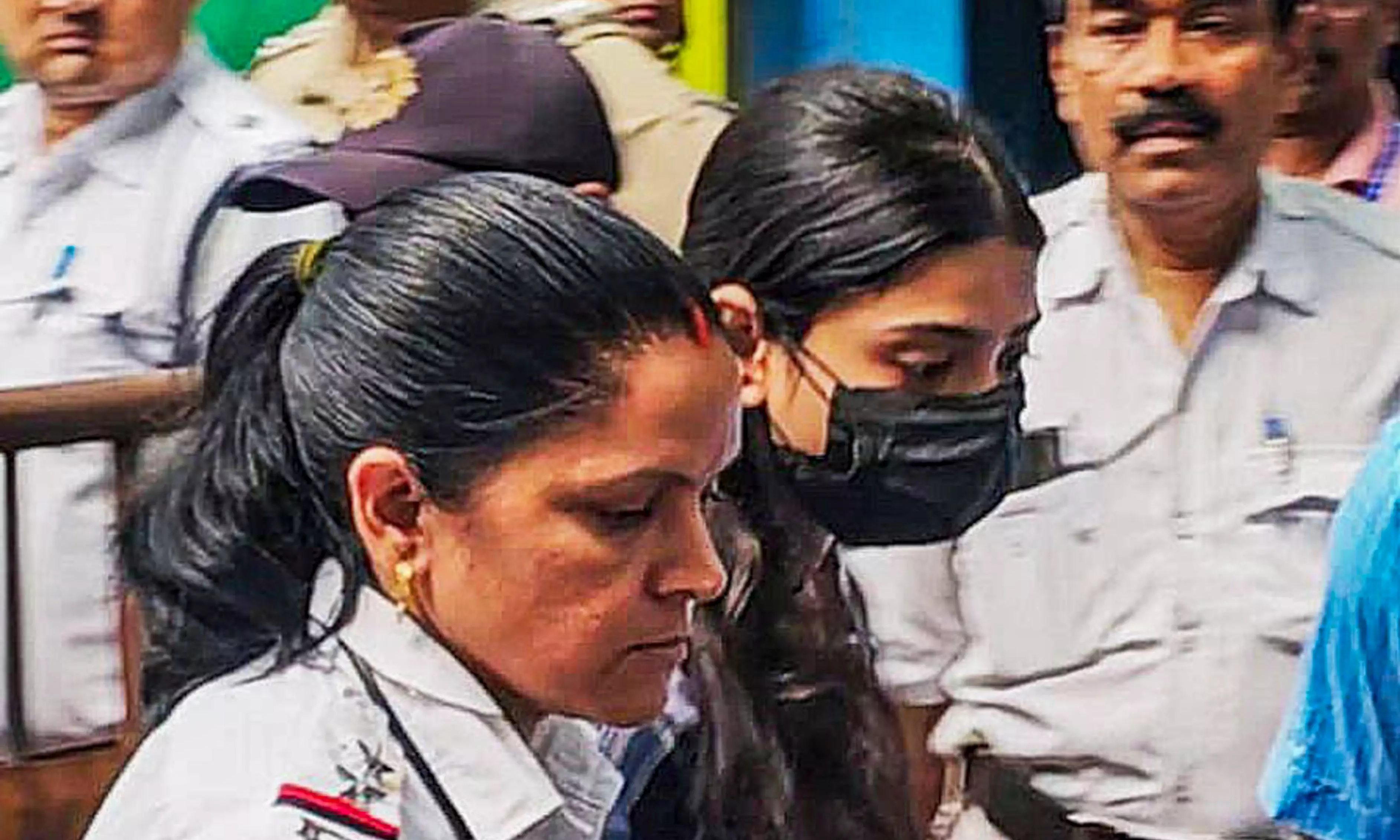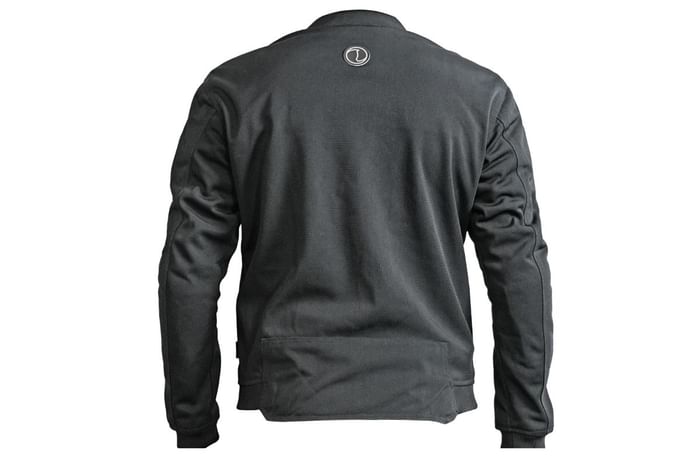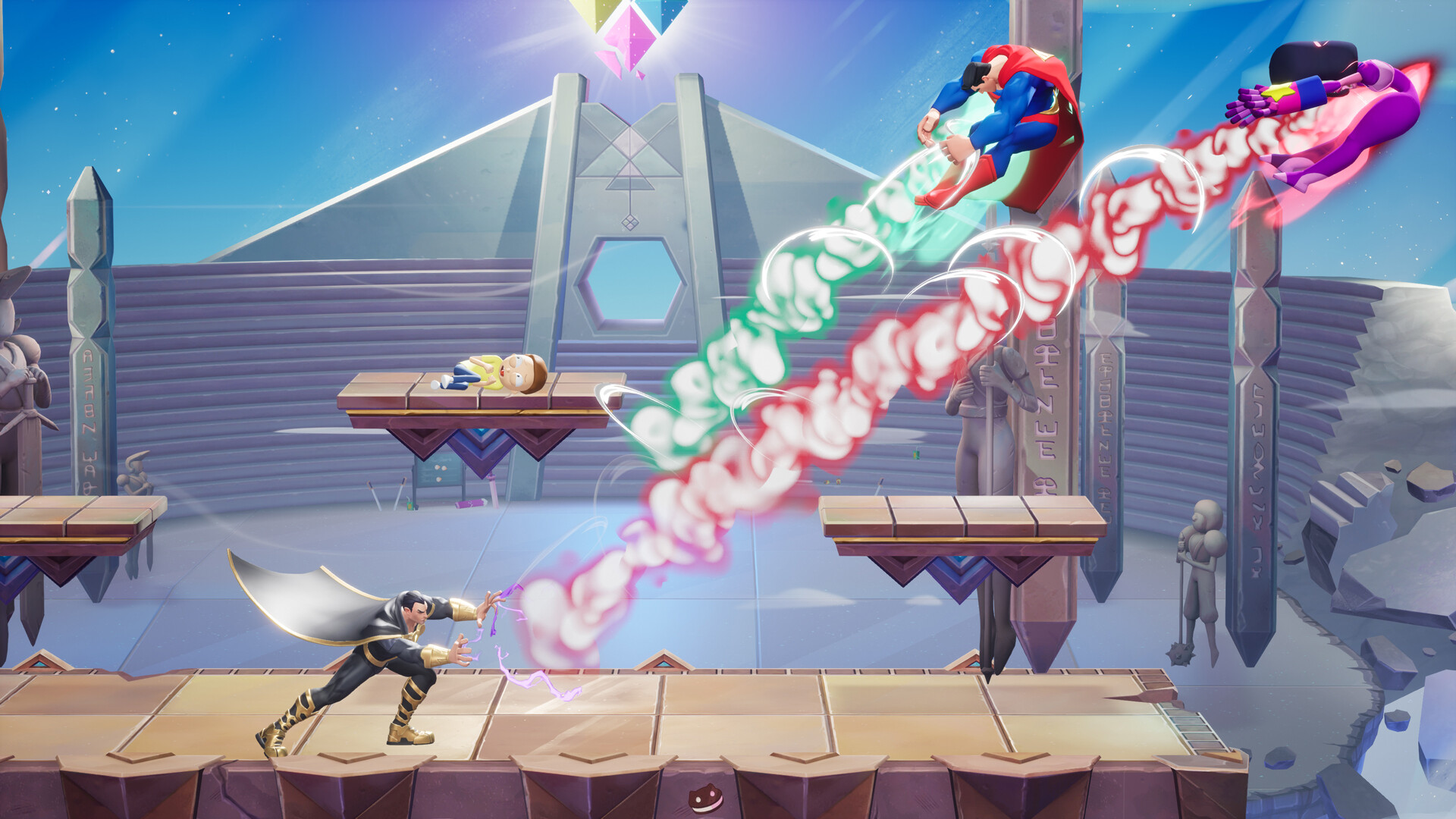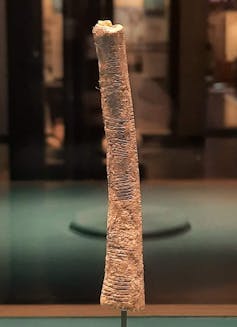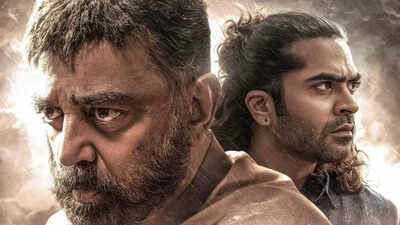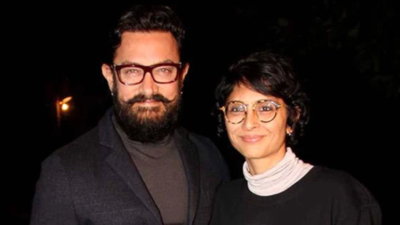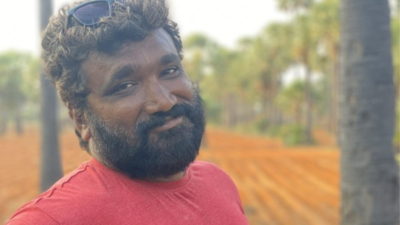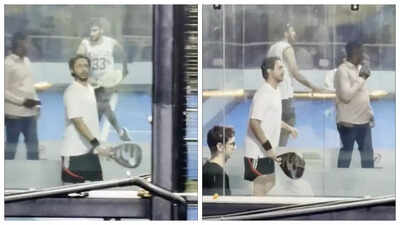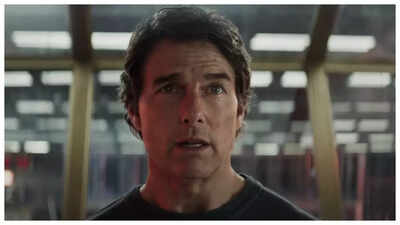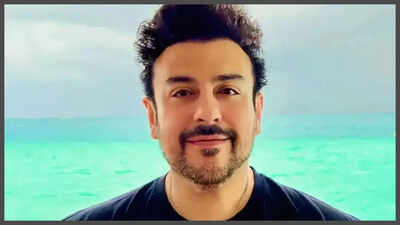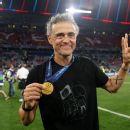The Athletic has live coverage of PSG vs. Inter Milan in the 2025 UEFA Champions League Final.
The flag is huge. Alone, she would not be able to wave it for long. But she is not alone.
She swishes it above her head, hands interlocked with those of her father. She watches it billow and flicker, the maroon and the blue and the yellow of it cutting through the warm air. She is delighted by the spectacle, delighted by her command of it.
It is late now, nearly midnight, but she is in her element, beaming and giggling. Her father is, too, his moment now also hers, doubly precious for being shared.
Later, they will walk around the field together, hand in hand, talking about nothing and everything under the glare of the floodlights. They will skip. A medal will dangle from her neck. She will jump up onto his shoulders for a ride. They will find a camera, wave down its lens, two goofballs at large.
For now, though, there is only the flag; only the sound of the fabric playing with the wind; only the here, the now, a little slice of heaven destined to be preserved in the amber of time.

(Boris Streubel – UEFA via Getty Images)
Her name was Xana.
She was Luis Enrique’s youngest daughter.
She was born in November 2009.
She was, in his words, “amazing, a whirlwind”.
She was five when her father’s Barcelona side beat Juventus in the 2014-15 Champions League final.
On August 29, 2019, she died.
There is a scene, towards the end of No Teneis Ni P*** Idea (You Have No F****** Idea), the brilliant three-part documentary about Luis Enrique that aired in Spain and France this year, that stops you in your tracks.
It takes place at a fundraising dinner for Fundacion Xana, the charity set up by the coach and his wife, Elena Cullell, in their daughter’s name. Former Barcelona captain Carles Puyol is there. So, too, is the Catalan musician Joan Dausa, who sings an emotional tribute to Xana.
At one point, Luis Enrique greets a group of teenage girls and their mothers. They chat, joke around a little. After a few seconds, you realise who these girls are. They were Xana’s friends.
They were the same age as she was. Now they are older.

(Movistar/Zoomsport Films)
Xana was nine when she was diagnosed with osteosarcoma, a rare form of bone cancer. Luis Enrique was coaching the Spain national team; he walked away from the job when the seriousness of the illness became apparent.
For five months, Xana was kept at Sant Joan de Deu, a children’s hospital in Barcelona. She spent her final hours at home, surrounded by members of her family. “Those moments were very tough, but at the same time very moving, very intimate,” Luis Enrique says in the documentary.
He glows as he describes Xana’s personality, the joy she brought to his life and those of so many others. There is, notably, no hint of anger or bitterness in his voice at any stage. Those feelings would be entirely justifiable in the face of the hurt and the loss, but they appear absent here. Instead, Luis Enrique presents an image of equanimity as admirable as it is touching.
“The most negative experiences of your life are the ones that teach you the most,” he says. “(People might think,) ‘But your little girl, your daughter, died aged nine…’. My daughter came to live with us for nine wonderful years. We have a thousand memories of her.
“You may ask whether I consider myself fortunate or unfortunate. I consider myself to have been fortunate. Very fortunate.”
Six years after Xana’s death, Luis Enrique carries his daughter with him — not merely as a memory but as a presence.
“You will be the star that guides our family,” he posted on social media after her death. “Her energy is still very much with us,” he said at the launch of Fundacion Xana.
In the documentary, he is even more explicit. “Xana is still watching us,” he says.

This is not a football story, but football is mixed in there. This Saturday, Luis Enrique will lead Paris Saint-Germain out against Inter. It will be his second Champions League final as a coach. A decade has now passed since he and Xana celebrated that Barcelona victory on the pitch in Berlin. Little wonder it has been on his mind.
“That is an incredible memory,” he said in a press conference before PSG’s Ligue 1 match against Lens in January. “I have an amazing photo of her, planting a Barcelona flag into the turf.
“I want to be able to do the same with a Paris Saint-Germain flag. My daughter won’t be there in the physical sense but she will be there spiritually, and that’s very important to me.”
He had been asked how he found the strength to go on after Xana’s death. “I’m motivated to keep moving forward, facing whatever life throws at me,” he said.
In the immediate term, that means a night of reckoning — for him personally and for his team.
Alone, it would be a lot to cope with, even for a coach of his experience.
But Luis Enrique is not alone.
(Illustration: Eamonn Dalton / The Athletic; Ben Radford/Corbi, Odd Andersen/AFP via Getty Images)

